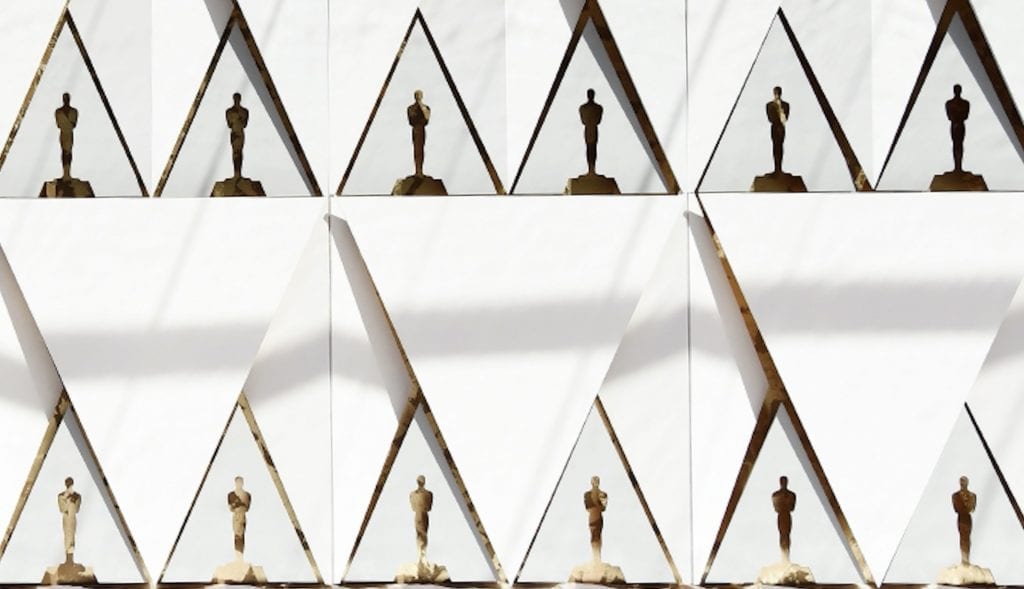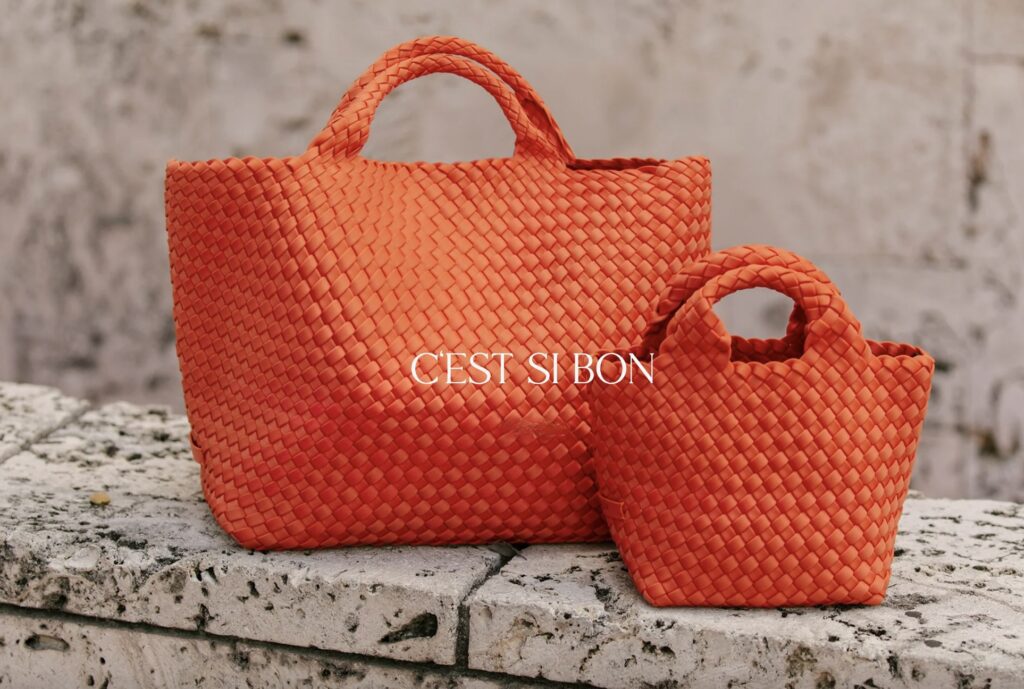In 2001, the organizers of the Academy of Motion Picture Arts and Sciences annual Awards got into the gift-giving spirit. They decided that they would give nominees and presenters a gift bag, stuffed with tens of thousands of dollars of pricey skincare products, tech gadgets, jewelry, exotic trips, spa treatments, and the like. The value of each bag varied per year, but in 2005, one bag alone was estimated to ring up to more than $150,000, a dollar figure than made headlines and started a legal probe.
Just five years in, the Academy’s practice of partnering with publicity-seeking brands to shower celebrities with gifts caught the attention of the Internal Revenue Service (“IRS”). The government agency, the one responsible for collecting taxes and administering the Internal Revenue Code, was intrigued by the value of the swag bags, and how, exactly, the recipients of them were treating the contents … legally speaking.
Shortly after the 77th annual Oscars ceremony in February 2006, which saw Clint Eastwood take home the Best Picture and Best Director prizes for Million Dollar Baby, with Hilary Swank winning best actress for her role in the film, while Jamie Foxx won the best actor award for his portrayal of Ray Charles – the IRS quietly initiated an investigation into the lavish gifting. It was not until August 2006 that the IRS revealed that it has engaged in a probe and that it had reached an agreement with the Academy to resolve “outstanding tax responsibilities” on the Academy Awards gift baskets that had been given out through 2005.
Mark W. Everson, who was serving as IRS Commissioner at the time, stated in connection with the says the completed investigation that the gift baskets at issue were not to be characterized as gifts, but instead, as non-cash compensation, meaning that the value of them was subject to tax obligations. “We expect the stars to pay their taxes just like the rest of us. There’s no red carpet treatment for the stars,” Everson stated.
The terms of the parties’ agreement was confidential, but then-Academy President Sid Ganis stated that the Academy would provide 1099 forms to that year’s presenters, thereby, alerting stars to the tax considerations at play. Ganis also revealed that the Academy would pay some back-taxes for previous years’ gift baskets.
In a subsequent statement from the IRS, the government agency acknowledged that brands traditionally provide products, services, and trips for the Oscars gift bags for the primary purpose of gaining publicity. Such as trend “has grown in recent years,” the IRS revealed.
The settlement between the IRS and the Academy would ultimately lead to a cessation of any official gift bag giving, with 2005 being the final years of the Oscars-approved bags. But that did not mean that the Academy would not find itself in another legal squabble over them several years later.
In the absence of the Academy’s bags for the big night, another company stepped in to fill the void. Distinctive Assets, a Los Angeles-based marketing company, has, for years, overseen the bags, in connection with which participating companies donate all the items and pay a promotional fee of at least $4,000 to have their products included.
Again, the bags gave rise to legal complications, when, in 2016, the Academy filed suit against Distinctive Assets, asserting that by using the Academy’s federally protected trademark, the unrelated company was likely confusing the bags’ recipients into believing the Academy was in some way involved in giving or otherwise approved of the bag, thereby giving rise to trademark infringement claims.
While the Academy asserted in its complaint that it has, in years past, it has authorized such gifts for nominees and presenters, no such license or other authority was ever granted to Distinctive Assets. And more than that, the Academy was not particularly taken with the contents of the bags – such as “a $250 marijuana vaporizer, a $1,900 “vampire breast lift,” skin treatments by Park Avenue plastic surgeons valued at more than $5,500, a $250 sex toy, and $275 Swiss-made toilet paper” – which the Academy asserted would “dilute the distinctiveness of the Academy’s famous trademarks and tarnish its goodwill.”
Just over a month after the Academy filed suit, the parties managed to come to what Distinctive Assets called “an amicable resolution of the trademark concerns raised by the Academy.” Distinctive Assets revealed that it would “continue to distribute [swag bags] to Hollywood’s most acclaimed actors, directors and celebrated entertainers,” but would “not use the Academy’s trademarks in the names, tag lines, descriptions or hashtags associated with its gift bags.”
Moreover, Distinctive Assets said it would “also include additional disclaimers in its materials to remind the press that there is to be no association between the Oscars or the Academy and Distinctive Assets’ gift bags.”
Fast forward to this year and the top nominees – regardless of whether they ultimately take home an Academy Award or not – will be on the receiving end of a lavish gift bag. The bag itself – courtesy of Distinctive Assets, of course – contains 50-something items, including a seven-day trip to the Golden Door spa in California (worth around $10,000), a seven-day stay at the $800-plus per night Avaton Luxury Villas resort in Halkidiki, Greece, an Amazon cruise starting at $6,000, cannabis-infused beauty products, and health food, among other things — all valued at over $100,000.
As for whether the A-listers that accept the bags (some turn them down) are actively reporting the value of the gifts is another matter entirely.











